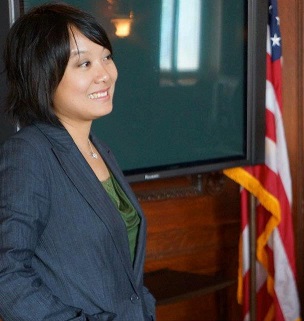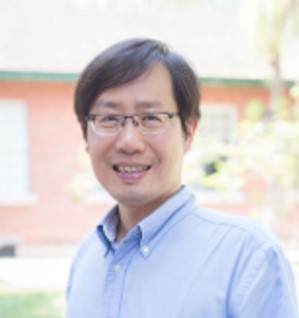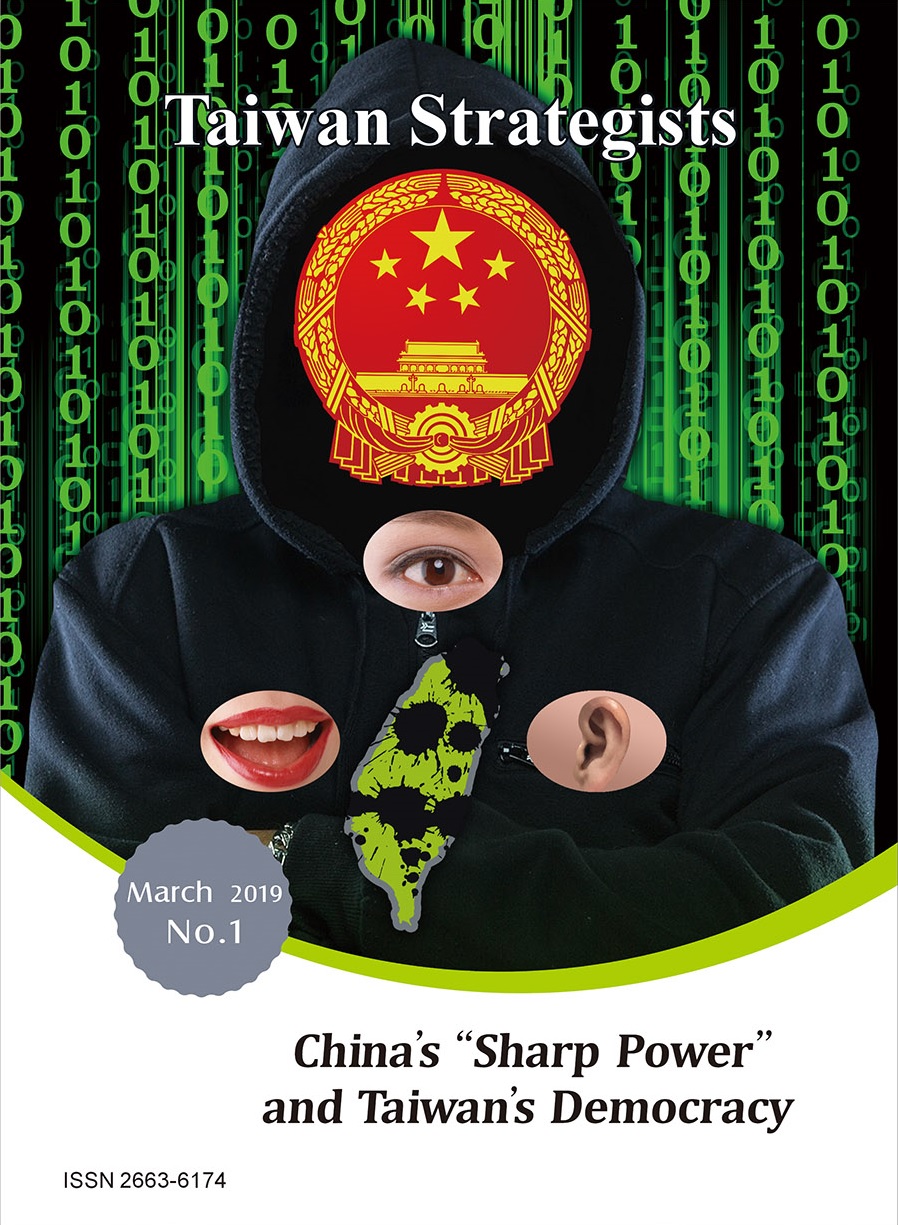China's "Sharp Power" and Taiwan's Democracy
Taiwan Strategists No.1 (March 2019)
China's Sharp Power and Taiwan's 9-in-1 Elections Subverting Democracy with Democratic Means
Vice President, Taiwan Foundation for Democracy
Taiwan completed its second 9-in-1 election on November 24, 2018. The result was the stunning defeat for the Democracy Progressive Party (DPP), with the DPP only obtaining the governing right for six cities and counties. While some argued that the “Nine-in-One” local elections were a midterm exam on the extent to which President Tsai Ing-wen's administration has dealt with the economic slump, reform and enactment of policies, and an indication on what is to come in the 2020 national election, some issued a sterner warning on China's usage of sharp power to influence Taiwan's domestic politics for its interest. This article examines the extent to which Beijing enacts sharp power to insert itself in Taiwan's democracy with the purpose of eventual annexation of Taiwan, and it also elucidates the fact that although China's sharp power was visible on many occasions, there is still a need for more solid evidence to demonstrate a correlation between China's sharp power, especially its disinformation campaign, and the result of the 2018 elections.
Keywords: Democracy, Sharp Power, Taiwan, China, Disinformation
The Influence of China's Sharp Power on Taiwan's Media
Radio Hostess & Political Commentator,
Doctorate Student, Institute of Development Studies, National Chengchi University
Unlike the “soft power” concept introduced by Joseph Ney, China's “sharp power” incorporated into its international communication layout plan has influenced Taiwan's traditional media through various means, including persuasion, incitement, buying, coercion, and false messages; thus achieving its intent to manipulate and influence public opinion in Taiwan. Studies show that, in addition to purchases of media stocks, system operators' stocks, and news content through product replacement, China also exerts its sharp power using anonymous IP addresses to set the agenda, influence news trends, do news laundering, and get fabricated news into Taiwan media. Given the fact that many newspapers in Taiwan demand a certain click through rate (CRT) generated from their reporters' articles, China's manipulation of media would be conducive to Chinese propaganda by further suppressing Taiwan's consciousness, which substantially could impact elections in Taiwan, Taiwanese people's national identity, and their feelings about China.
Keywords: Sharp Power, Fake News, Great Layout Plan of (China's) International Communication, Shaping of Public Opinion, Click Through Rate (CRT)
Manufactured Public Opinion Online: The Beijing Factor and Taiwan's Local Elections in 2018
National Cheng Kung University
Chinese leaders have over the decades put ever-increasing pressure on Taiwan for political unification under the “one country, two systems” framework that is currently being applied to both Hong Kong and Macao since the handover of sovereignty in the late 1990s. Chinese President Xi Jinping has also repeatedly urged Taiwanese people to accept that it “must and will be” re-united with Communist China. While Taiwan is widely recognized as a vibrant young democracy, the island is, like other countries, currently under real threat from China's increased sharp power. Arguably, China is now becoming more adept at integrating its ever increasing sharp power to better realize their objectives of influencing as well as manipulating both decisionmakers and the general public in democracies. The techniques developed usually include, but are not limited to, misguiding, deception, posturing, soft annexation, and information warfare, to shape favorable public opinion and desirable compliance at home and abroad. This article argues that the Chinese authorities and its allies manipulate Taiwan's Internet volume through fake news, misinformation and disinformation, and accordingly create manufactured public opinions and polls. This ultimately dampens Taiwan's hard-earned electoral democracy. In the fight against the growing influence of China's sharp power, it is only when like-minded countries work and stand together can democracies continue to play a role in safeguarding democratic systems, strengthening and energizing civil society, and promoting human rights and fundamental freedoms of information and speech in the information age.
Keywords: Manufactured Public Opinion, Sharp Power, Cross-Strait Relations, Social Media, 2018 Taiwanese Local Elections





